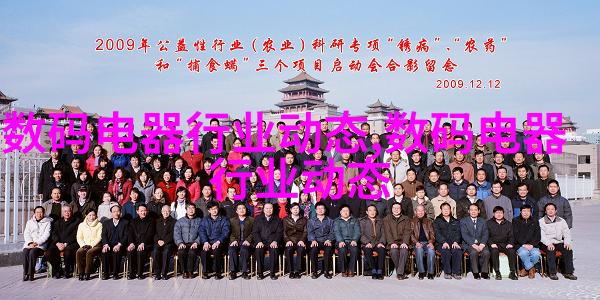绿色生产如何减少工业废气的产生和危害
在现代工业社会中,随着科技的发展和工业化进程的加快,环境问题日益严峻。特别是工业废气的问题,它不仅影响了人们的生活质量,还对生态系统造成了深远影响。本文将探讨绿色生产如何减少工业废气的产生,并分析其对环境、健康以及经济带来的危害。

1. 工业废气及其危害
1.1 空间与时间范围广泛

Industrial waste gas refers to the harmful gases and particles released by industrial activities, including but not limited to sulfur dioxide (SO2), nitrogen oxides (NOx), particulate matter (PM), volatile organic compounds (VOCs) and heavy metals. These pollutants can be released through various industrial processes, such as combustion, production of chemicals, mining and smelting.
The impact of industrial waste gas on the environment is far-reaching. It can cause acid rain, which leads to soil acidification and damage to crops and forests; it can also contribute to the formation of ground-level ozone and photochemical smog, which are detrimental to human health.

1.2 对健康造成威胁
Long-term exposure to high levels of air pollution has been linked with a range of adverse health effects, including respiratory problems like asthma; cardiovascular disease; lung cancer; neurological disorders; reproductive issues in women; developmental delays in children; as well as premature death.

In addition to direct health impacts from breathing polluted air directly into their lungs, people may also ingest or ingest toxic substances that have settled on food crops or water sources contaminated by industrial waste gas emissions.
2. 绿色生产理念与实践

2.1 技术创新与设备升级
Green production emphasizes adopting clean technologies that minimize environmental harm while maintaining economic competitiveness. This includes investing in cleaner fuel options like natural gas or renewable energy sources such as solar power or wind power for heating furnaces instead of coal-fired plants.
Moreover, companies should upgrade their equipment with emission control systems such as electrostatic precipitators for removing PM from flue gases before they enter the atmosphere.
2.2 改进工艺流程与管理策略
Improving manufacturing processes is another key aspect of green production strategy where industries seek out new ways to reduce emissions at each step throughout their supply chain – from raw material extraction all the way up through final product delivery without compromising quality standards while minimizing costs associated with this approach over time since these practices help reduce overall carbon footprint too!
Additionally implementing effective management strategies could result better efficiency performance across entire organization because reduced resource consumption means less need for additional resources needed elsewhere within an organization leading more sustainable business model being adopted here!



